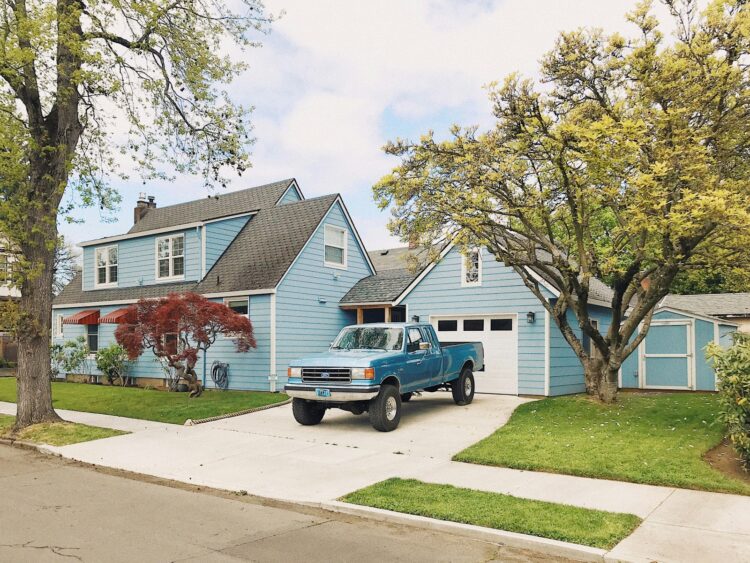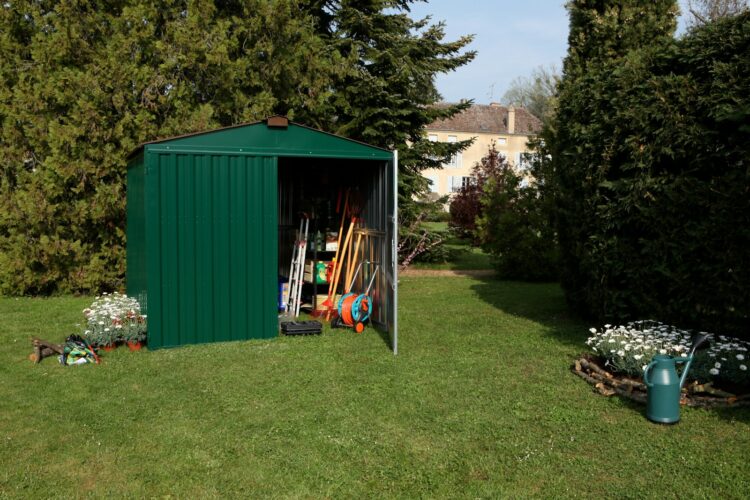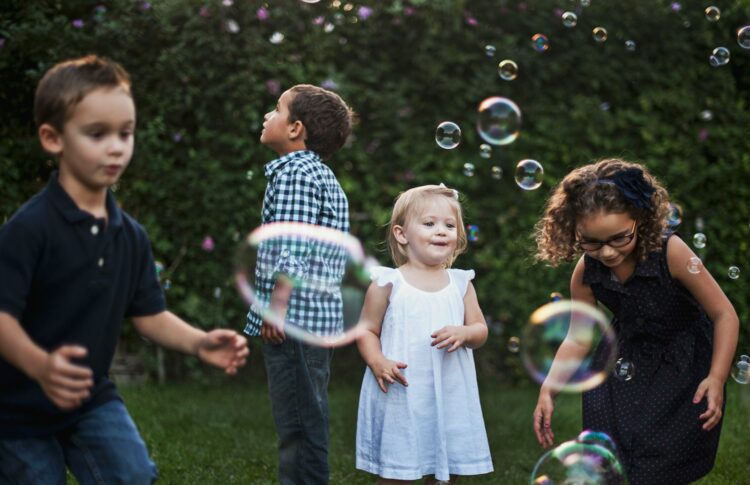
Living side by side works best when people show small courtesies. The trouble is, neighbors often carry habits that don’t seem like much until they spread across fences and walls. One person’s routine can quickly become another person’s headache. Noise, neglect, or simple carelessness often turn peaceful homes into strained ones. Most of these frustrations are avoidable, but when left unchecked, they make daily life heavier than it should be.
Late Night Noise

Everyone deserves to relax, but late-night parties or loud music quickly wear on neighbors who have to work or rest. Sound carries farther than most people think, through thin walls and open windows. A little awareness—lowering the volume, closing a window, or winding things down at a decent hour—keeps tension from building. Fun can still happen without turning the whole block into an unwilling audience.
Unkempt Lawns

A yard doesn’t just belong to one house—it shapes how the whole street looks. When grass grows too tall, weeds spread, and leaves pile up, the block begins to feel neglected. It doesn’t take expensive landscaping to keep things pleasant. Simple mowing and trimming show that the property is cared for, and that sense of attention ripples outward, lifting the way the neighborhood feels.
Blocking Driveways

Parking carelessly may not seem serious to the person leaving their car, but it creates real problems for whoever isblocked in. Groceries sit in the trunk, plans are delayed, and frustration builds. It’s the kind of habit people remember because it directly disrupts their day. Making sure driveways stay clear is a small courtesy that prevents conflict and keepsbasic respect intact.
Overly Nosy Behavior

Friendliness strengthens a neighborhood, but constant watching or questioning crosses a line. When someone tracks who comes and goes, or comments on every little detail, it doesn’t feel welcoming—it feels intrusive. Neighbors don’t want to feel like they’re living under surveillance. A warm greeting is good, but then give people space to live their lives. Respect for privacy keeps trust alive.
Uncontrolled Pets

Pets bring joy to homes, but they can easily cause problems for others. A dog that barks for hours, a cat that digs in someone else’s garden, or animals left to roam freely push patience thin. Owners sometimes dismiss these issues as harmless, but the impact falls on neighbors. Training, leashes, and quick cleanups go a long way in showing responsibility and respect.
Ignoring Property Boundaries

Lines between homes exist for a reason. Borrowing tools without returning them, stepping through someone’s yard without asking, or trimming plants that aren’t yours can all create friction. What feels small to one person feels personal to another. Asking first shows respect, and respecting “no” prevents resentment from building. Boundaries keep relationships steady, especially when people live in close quarters.
Excessive Yard Projects

Everyone needs to handle repairs, but endless construction or loud projects quickly wear on neighbors. Constant hammering, early morning power tools, or piles of debris make it hard for others to enjoy their homes. Timing matters. Choosing reasonable hours and giving people a heads-up makes a big difference. Upkeep should improve your house without turning the rest of the street into a work zone.
Overflowing Trash

Garbage that spills out of bins doesn’t stay put. Wind carries it, animals scatter it, and the smell lingers for days. Even if it starts in one yard, everyone nearby deals with the mess. Properly tying bags, closing lids, and putting bins away on time shows care not just for your home but for the neighborhood. Cleanliness is contagious—and so is neglect.
Loud Arguments Outdoors

Disagreements are natural, but shouting them across porches or balconies pulls everyone else into them. Neighbors who don’t want to be involved end up hearing every word. Children nearby pick up on tension that isn’t theirs to carry. Taking arguments inside, lowering voices, or pausing until calmer keeps private matters private. Conflict happens, but it doesn’t need an audience to grow worse.
Over-the-Top Holiday Displays

Festive lights and decorations can brighten a block, but going too far makes them overwhelming. Floodlights that shine into bedrooms, music that repeats for hours, or oversized figures that crowd yards can irritate more than delight. Celebrating is welcome, but moderation matters. A little sparkle spreads joy, while excess makes people roll their eyes and wait for the season to end.
Poorly Supervised Children

Children bring energy to a community, but they also need guidance. Bikes left across sidewalks, balls denting cars, or kids ringing doorbells repeatedly test patience. Most neighbors like having kids around—they just don’t like disorder. Setting boundaries for play, reminding children of respect, and checking in often keep everyone comfortable. When parents stay involved, the neighborhood feels lively without turning chaotic.
Constant Complaining

Some neighbors find something wrong with every little thing. A leaf on the walkway, a car parked a few inches off, or laughter that lasts a bit too long can all spark comments. One complaint is fine. Constant ones push people away. Over time, others stop listening or engaging at all. Choosing battles wisely makes a street friendlier. Nitpicking only drains goodwill.
Overuse of Shared Spaces

In apartments or condos, common areas rely on shared respect. Leaving laundry in machines, blocking hallways with boxes, or treating shared storage like personal space quickly frustrates others. These places only work when everyone treats them as collective, not private. Small habits show consideration. Without it, tension spreads in ways that are hard to repair.
Lack of Basic Courtesy

Politeness may seem minor, but its absence shapes how a neighborhood feels. Forgetting to greet or talking loudly in stairwells late at night slowly erodes comfort. These gestures don’t cost effort, but they build warmth. Courtesy is the foundation of community. When it’s missing, even friendly neighbors grow distant. A simple hello or quiet moment can change the whole mood.
Unreliable Promises

Borrowed tools that never come back, help promised but never delivered—these things add up. Reliability is noticed, especially in emergencies when neighbors count on each other. One mistake is forgiven. Repeated patterns create distance. If you can’t follow through, it’s better to say so from the start. Small acts of dependability keep trust alive and make people more willing to support one another.

